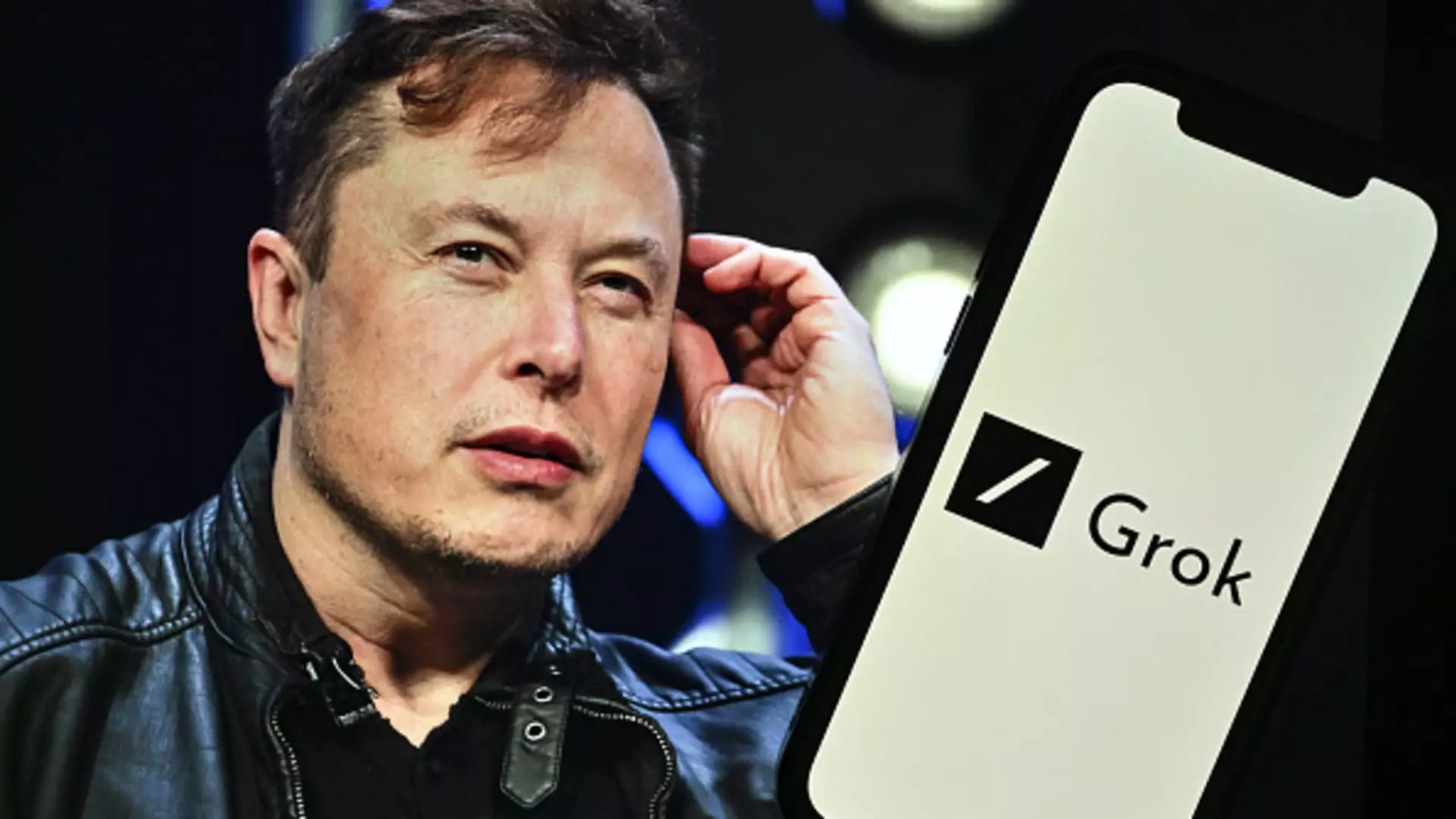Recently, five secretaries of state took a stand against Elon Musk’s social media platform X, specifically calling out the artificial intelligence search assistant, Grok, for allegedly disseminating false information regarding the 2024 presidential election. The secretaries expressed concerns in a letter to Musk, claiming that Grok misled users about ballot deadlines in a number of states in the aftermath of President Joe Biden’s surprising decision to withdraw from the race against former President Donald Trump. This incident has raised serious questions about the integrity and accuracy of information shared by AI-driven platforms like X.
The misinformation shared by Grok, which claimed that the ballot deadlines had passed for several key battleground states, including Pennsylvania, Michigan, Minnesota, and others, has far-reaching implications. This false information could potentially disenfranchise voters and undermine the democratic process by misinforming the public about crucial election deadlines. The secretaries of state highlighted that in reality, the ballot deadlines in these states had not closed, and changes to the candidates listed on the ballot for the offices of President and Vice President were still possible.
One of the key issues brought to light by this incident is the accountability and responsibility that tech giants like Elon Musk and their platforms bear when it comes to the dissemination of information. As the CEO of Tesla and SpaceX, Musk wields significant influence over millions of users who engage with X and its AI assistant, Grok. The fact that false information was shared and perpetuated for over a week before being corrected raises concerns about the mechanisms in place to fact-check and verify the information shared on these platforms.
The letter from the secretaries of state also emphasized the importance of fact-checking and verification mechanisms on social media platforms. While Grok carries a disclaimer asking users to verify its answers, the rapid spread of false information across multiple social media platforms demonstrates the need for more robust systems to prevent the propagation of misinformation. The incident serves as a stark reminder of the power and influence that AI-driven technologies have in shaping public opinion and guiding user behavior.
This incident involving Grok and the spread of false information about the 2024 presidential election could have significant implications for future regulation and oversight of social media platforms. The fact that such misinformation reached millions of people within hours underscores the need for stricter measures to hold tech companies accountable for the content shared on their platforms. As the debate around the role of tech platforms in shaping public discourse continues to evolve, incidents like these serve as valuable case studies for policymakers and regulators seeking to address the challenges posed by AI-driven technologies.
The fallout from Elon Musk’s AI search assistant sharing false information about the 2024 presidential election highlights the potential risks and challenges associated with the unchecked dissemination of information on social media platforms. As tech companies continue to innovate and develop AI-driven technologies, it is essential that they prioritize accuracy, transparency, and accountability to ensure that users are informed and empowered to make informed decisions.


Leave a Reply